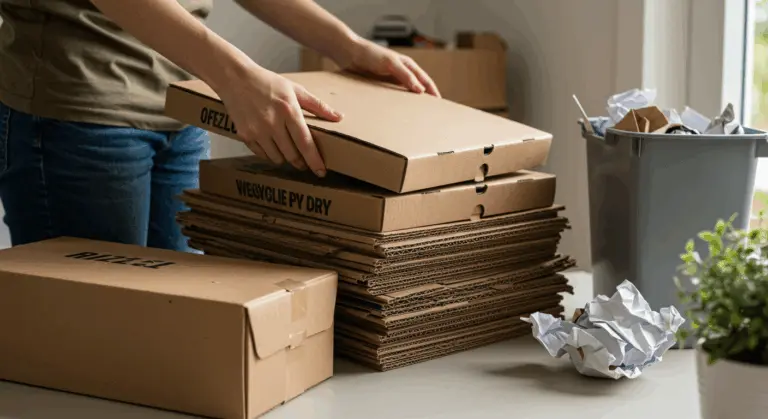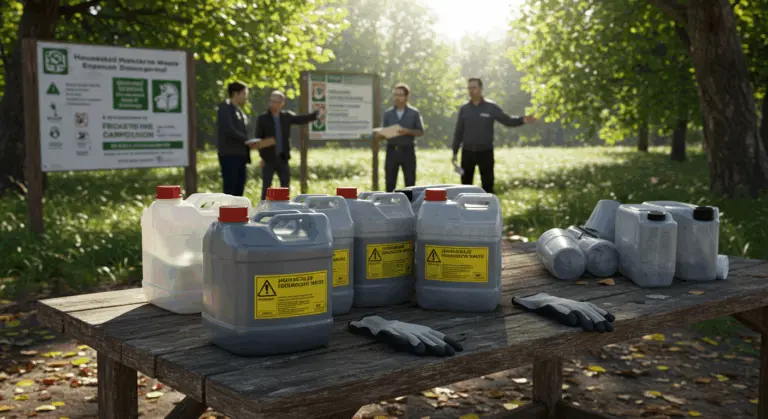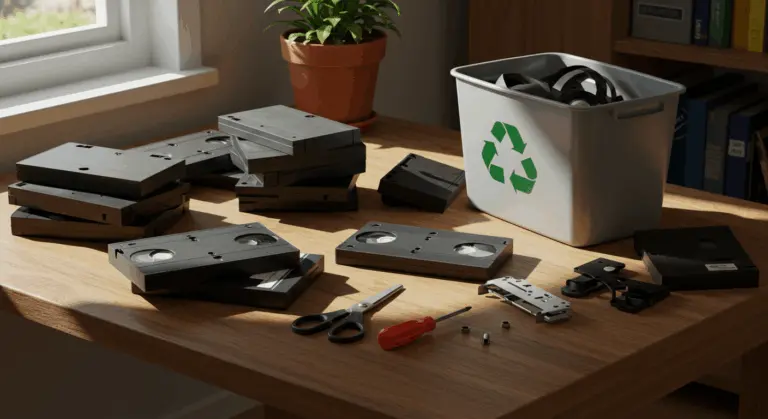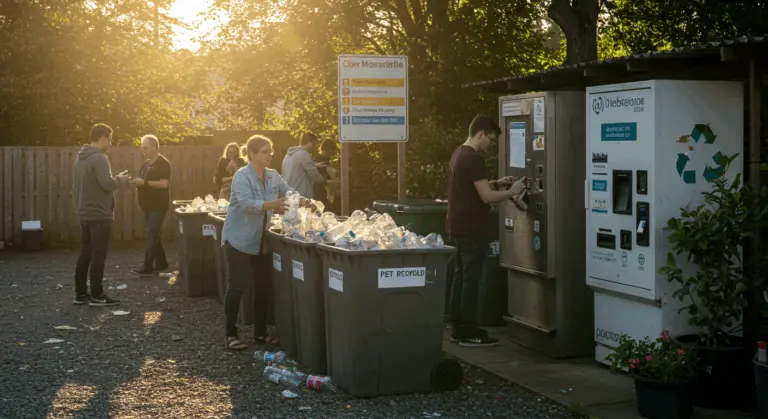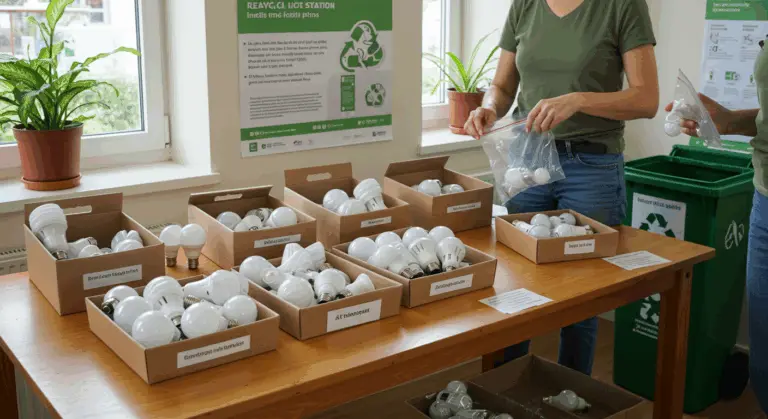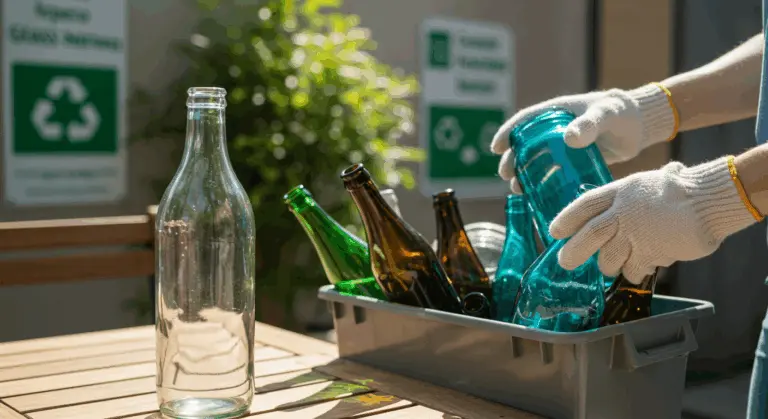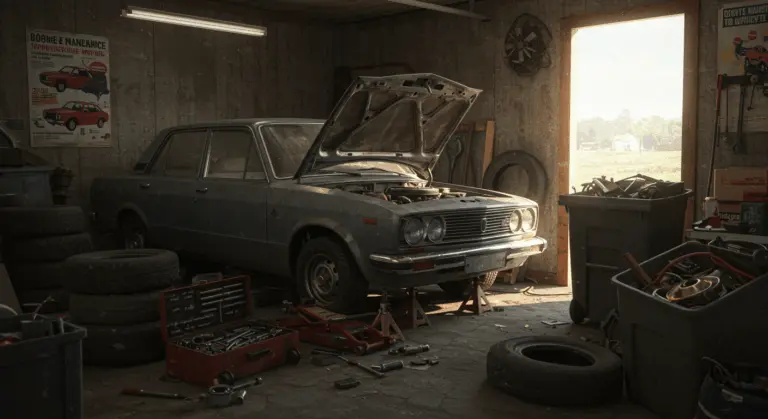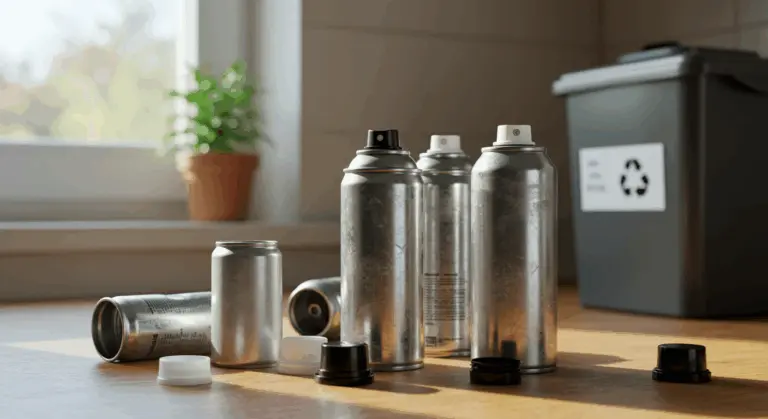
Are Aerosol Cans Recyclable? A Comprehensive Guide
Many consumers toss aerosol cans into regular trash without realizing these metal containers can actually be recycled. The key requirement is ensuring the can is completely empty—any remaining product or pressure classifies it as hazardous waste requiring special handling. While the metal bodies are recyclable in most programs, local regulations vary significantly, so check to check your municipality's specific guidelines before disposal.


